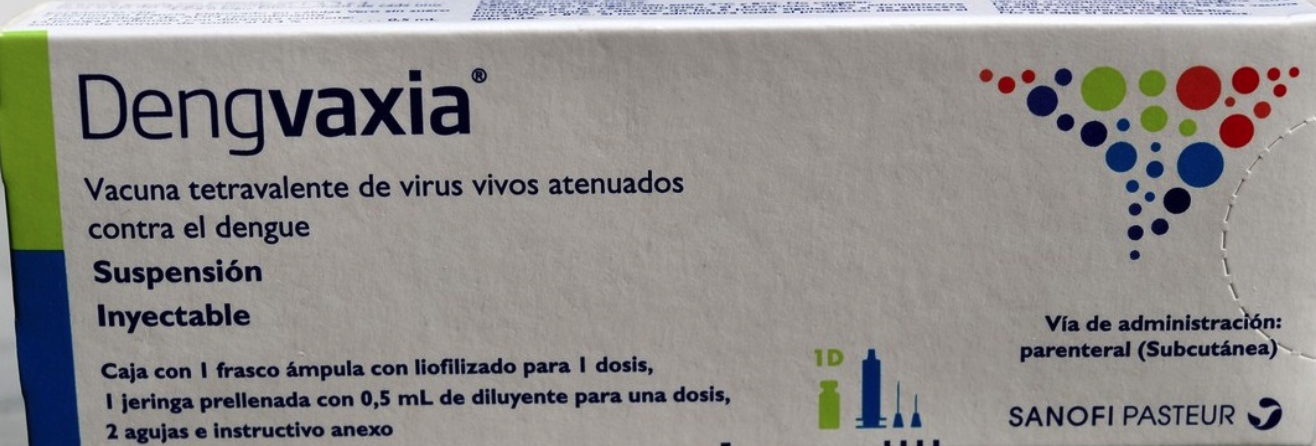There have been several stories recently published regarding the biological weapons capabilities possessed by the totalitarian regime of North Korea. Thus far, most of the media attention has been to situate this development, for good reason, in a general national security and defense context. However, biological weapons are a difference in kind when it comes to the tools of warfare and merit special attention because of their unique characteristics. Some of these characteristics include potential for contagiousness, induction of societal panic, and the need for special public health and medical preparedness.
To those in the field, it is no surprise that North Korea possesses biological weapons. Though they are a signatory of the Biological Weapons Convention (BWC), it matters little as the former Soviet Union operated an extensive biowarfare program despite being a party to the convention -- and they have demonstrated their prowess with deploying chemical agents such as VX in order to kill.
The latest news surrounds the fact that a North Korean defector has antibodies to anthrax in his bloodstream. These antibodies are likely the result of prior vaccination which is somewhat routine for many militaries, including our own. It has also been reported that South Korea has purchased a small stockpile of anthrax vaccine (though this purchase seems to be linked to fears over the 2015 accidental shipment of live anthrax spores to Osan Air Base).
Concern is focused on a "pesticide" factory (Pyongyang Bio-technical Institute) that may be a clandestine dual-use facility capable of producing large amounts of biological weapons that are rumored to be capable of being mounted on missiles (in the case of anthrax). Smallpox -- a disease vanquished from the planet to which many are susceptible due to suspension of the vaccination program -- has also been mentioned as a potential possession of North Korea.
In the coming weeks, it will be important for those in the reach of North Korea to fortify and prepare hospitals and healthcare providers to recognize, diagnose, and treat conditions such as anthrax and smallpox. Such infectious disease emergency preparations were recently tested with South Korea's experience with MERS and hopefully improvements that will impact biodefense capacities were made. The US has made major gains in preparedness since the 2001 anthrax attacks but any biological attack -- particularly in today's political and societal context -- would be severely disruptive and stress the nations hospitals (especially given the current influenza season) as well as the biomedical enterprise that will be tasked with development vaccines and treatments.
It can be assumed that South Korean and American troops in the region are vaccinated against anthrax and smallpox. Effective vaccines, both stockpiled in large numbers in the US, exist for both these agents and anthrax can be treated with several different antibiotics as well as with antibody-based treatments.
A biological attack would unleash global pandemonium and the natural human response will be to panic, flee, and possibly shun the victims in fear of contagion (despite the fact that anthrax -- the most likely candidate weapon -- is not contagious). This is, in many ways, the opposite response to many other disasters. The use of smallpox would cross a line that, to many, is more serious than the use of a nuclear weapon and I suspect (and hope) would be met with a fierce response.
Biological weapons are not a fanciful threat and preparing for them is an important component of national security -- a core function of government. Whether or not North Korea possesses or will use such weapons, it is nevertheless important that the general public, politicians, and healthcare providers are apprised of the very real and dangerous threat they pose.


